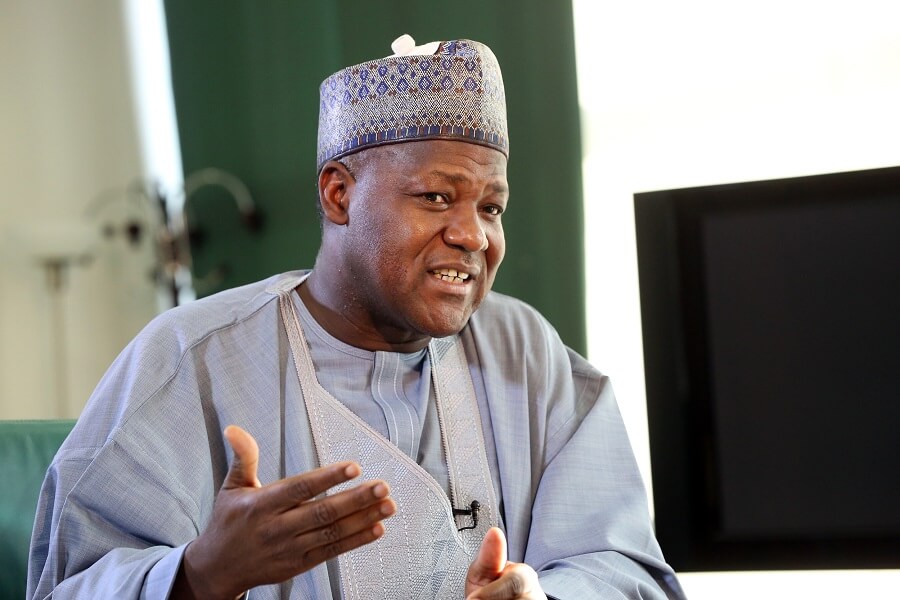- Yakubu Dogara emphasized poverty’s impact on democracy, citing it as a critical barrier to effective governance in Nigeria
- He called for inclusive economic policies and civic engagement to empower Nigerians and strengthen democratic institutions and processes
Yakubu Dogara, former Speaker of the House of Representatives, has identified poverty as a critical threat to democracy in Nigeria. He expressed this view during a programme at the Marriott Hotel in Ikeja, Lagos State.
In a statement released by his media aide, Turaki Hassan Adamu, Dogara underscored that the pervasive poverty among Nigerian citizens indicates a failure of democracy to serve the majority effectively.
“Our democracy is not adequately benefiting the majority of our people. While alive and free, they lack the means to pursue happiness,” Dogara remarked.
He argued that poverty poses a greater risk to democracy than weak institutions because it silences the political voice of the poor and hinders their ability to hold the government accountable, eroding public trust in democratic processes.
Dogara, who represented the Bogoro/Dass/Tafawa-Balewa Federal Constituency for 16 years and served as Speaker of the 8th Assembly, spoke on the theme: “Democracy and the Free Market Economy”.
He stressed the importance of leveraging democratic principles to build an inclusive economy that empowers the majority of Nigerians to achieve their full potential. Dogara advocated for sustained civic engagement to strengthen democratic governance.
Highlighting the imperative for government action, Dogara urged continuous pressure on authorities to set clear poverty reduction targets and monitor progress.
“Poverty, though experienced individually, is a product of systems that fail to uphold citizens’ rights to a decent standard of living,” Dogara noted.
Drawing lessons from global examples, he pointed out China’s success in lifting 770 million citizens out of poverty through effective policies and governance over four decades. He also referenced India’s achievement in lifting nearly 250 million people from multidimensional poverty.
Dogara concluded optimistically, suggesting that with purposeful leadership, Nigeria could replicate these successes and lift its citizens out of poverty.
